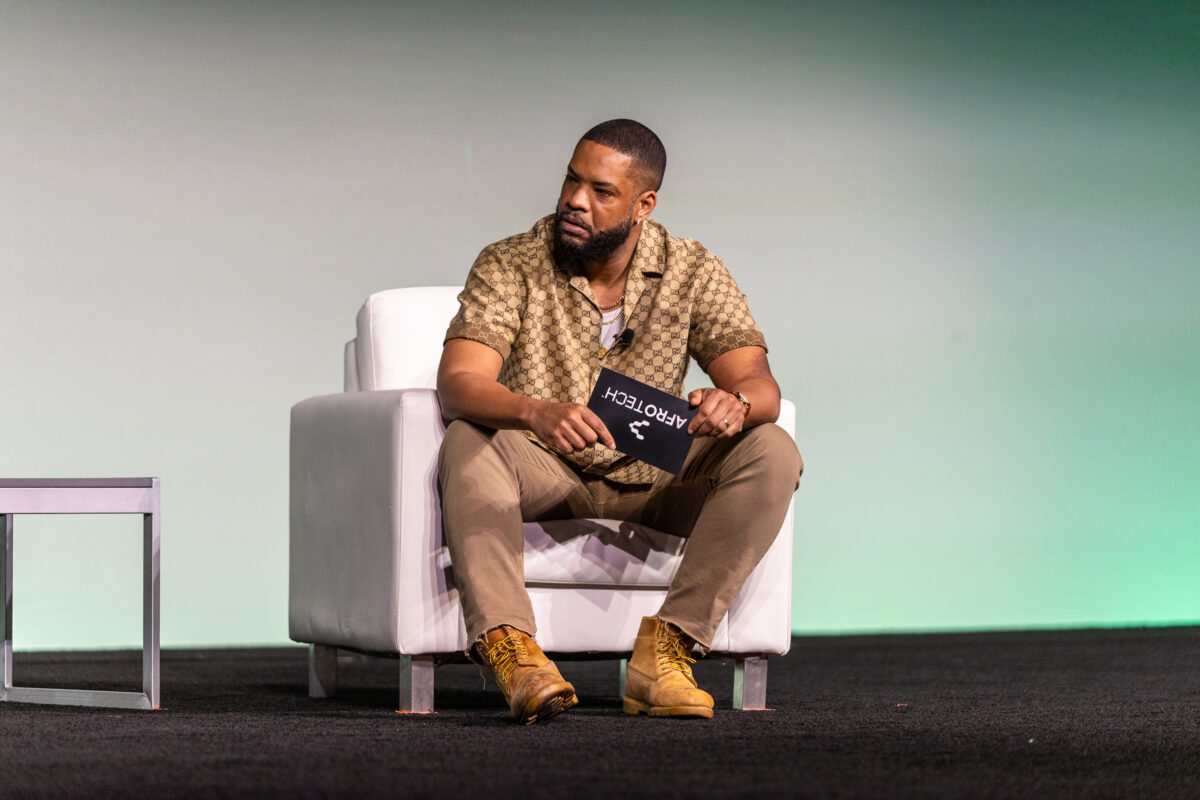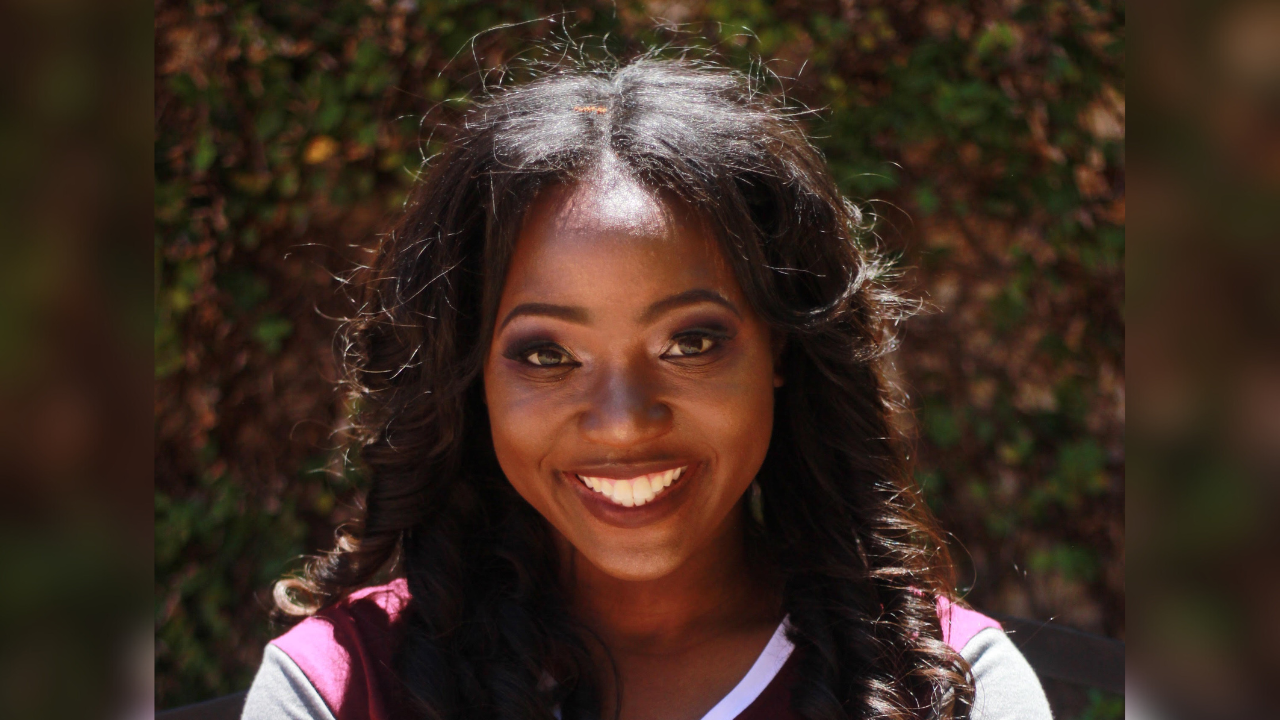AFROTECH™ Conference 2024 was in Houston, TX, from Nov. 13 to 17 — and on Day 3, LinkedIn hosted an Executive Stage session titled “The Path Forward: Adapting Amidst Rapid Tech.”
Career expert Drew McCaskill and technology leader Bef Ayenew led the panel to discuss artificial intelligence’s transformative impact on jobs, teams, and companies. With 1.1 billion members leveraging LinkedIn for career growth, knowledge sharing, skill development, and community building, many have already enhanced their profiles with AI skills.
“We’ve seen 140x in times in LinkedIn members globally adding AI skills to their LinkedIn profiles. That’s 140x increase in people adding those skills,” McCaskill said. “70% of companies are reporting that they’re using AI already at work. If you think about it like this, 25% of the skills needed for the jobs that all of us do and have been doing for the past eight years have changed.”
“So even if you’re not changing jobs, your jobs are changing on you,” he added. “All of our jobs are changing on us. And we expect that with AI, that that number is going to go from 25% change to 65% change by 2030. That’s rapid fire.”
Ayenew has spent the past decade at LinkedIn at the forefront of product equity, leading efforts as an early advocate for the ethical and responsible use of AI and its basis.
The tech leader explained that his focus is primarily on LinkedIn’s flagship app, which leverages AI for various functions, including content understanding, classification, and recommendations. He also shared that about four years ago, he had the opportunity to lead work on equity foundations as AI began to play a more significant role in LinkedIn’s products. LinkedIn is now in the first year of a three-year commitment to integrate equity across all its products.
“And there’s specifically two things we’re doing,” Ayenew shared. “One is equal AI treatment. And what we mean by that is we are constantly monitoring our high-impact AI models.”
He added that the second thing “is what we call equitable product impact, because it’s one thing to just look at that there’s bias, but you also want to make sure you focus on the impact.”
Beth noted that the overall goal is to ensure everyone has equal opportunity access. While it’s impossible to control how individuals use LinkedIn or make decisions, he acknowledged a responsibility to ensure equal access to insights and resources to help level the playing field.
“The thing that I love about that is even though I don’t understand all of engineering speak, what I do understand from that is the fact that there’s a company that has a billion members that are saying, hey, people come to us to find economic opportunity,” McCaskill responded. “At the very least, we owe it to them to create a platform where we’re constantly trying to make it as equitable as possible, right?”

McCaskill acknowledged that a common concern is whether AI will replace jobs. In response, he said while AI may not directly take someone’s job, those with AI skills are more likely to lead teams. “And so I’m constantly pushing people to say, ‘okay, if you don’t know what a large language model is, that means that you probably are not speaking the language of AI,” he said.
He emphasized the importance of upskilling and taking advantage of learning opportunities and courses on platforms like Microsoft and LinkedIn.
While wrapping up, Ayenew highlighted how LinkedIn is helping businesses succeed using AI, particularly by streamlining the hiring process. He pointed out that companies often struggle to hire quickly and find quality candidates, especially with limited resources.
To address this, LinkedIn recently rolled out a hiring assistant to help businesses navigate the lengthy hiring workflow—from creating job descriptions to evaluating and reaching out to candidates. The tool aims to help recruiters reduce up to 20 hours of mechanical work during the hiring process so they can focus on what matters most — finding the right talent.
In July, McCaskill gave AFROTECH™ advice for job seekers to prepare for the AFROTECH™ Conference 2024 ahead of time. With the 2025 dates already announced, it’s never too early to take his tips to heart.
Looking to attend AFROTECH™ Conference 2025? Secure your early bird tickets now — Oct. 27 – 31, 2025, in Houston, TX.


